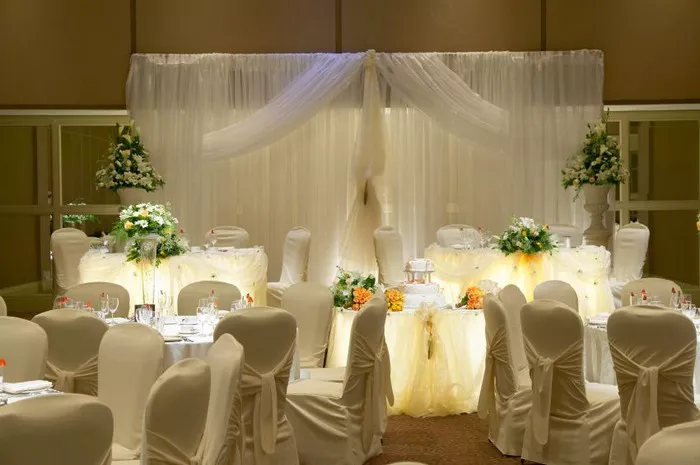The wedding industry is undergoing a financial reckoning in 2025 as couples face the dual pressures of rising costs and economic uncertainty. Data from WeddingWire’s latest report shows the average wedding budget has increased by 42% since pre-pandemic times, forcing couples to make difficult choices and get creative with financing their big day. This economic landscape is giving rise to innovative approaches that challenge traditional wedding norms.
Extended engagement periods have become the new normal, with couples now planning for an average of 22 months compared to 14 months in 2019. This extended timeline allows for better financial planning and vendor booking. Many are taking advantage of wedding savings plans offered by some financial institutions, which function like high-yield CDs specifically for wedding expenses.
The guest list has become the primary budget adjustment lever, with couples implementing strict “tiers of intimacy” to keep numbers manageable. A growing trend is the “contributory wedding,” where guests are politely informed that due to economic realities, their presence is considered their gift—a concept that would have been taboo just a few years ago but is now met with widespread understanding.
Vendors are adapting with more flexible offerings. Photographers provide “coverage packages” with fewer hours, venues offer weekday discounts, and florists create designs using more affordable blooms without sacrificing aesthetics. The DIY wedding movement has also resurged, with couples leveraging platforms like Etsy for affordable custom elements and Skillshare classes to develop wedding-related skills.
Perhaps most significantly, parents are contributing less financially than in previous generations, with only 35% of weddings being fully parent-funded compared to 62% a decade ago. This shift has empowered couples to make choices that reflect their preferences rather than family expectations. Financial advisors are increasingly including wedding planning in their services, helping couples balance this major expense with other life goals like home ownership and retirement savings.
These adaptations reflect a broader cultural maturation around wedding finances—an acknowledgment that while celebrating love is important, financial health and future stability matter more than a single extravagant day.


